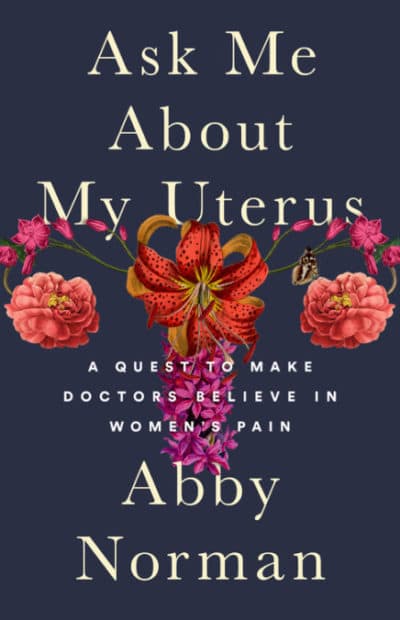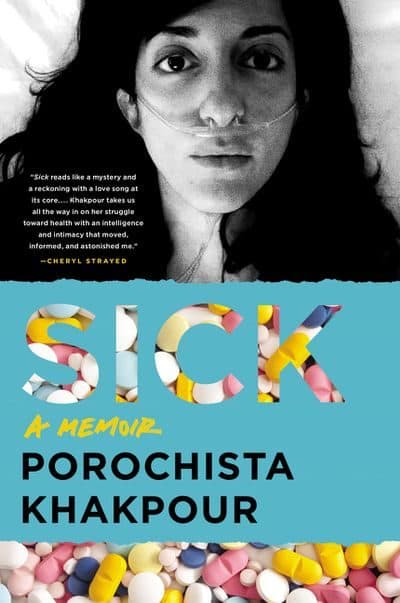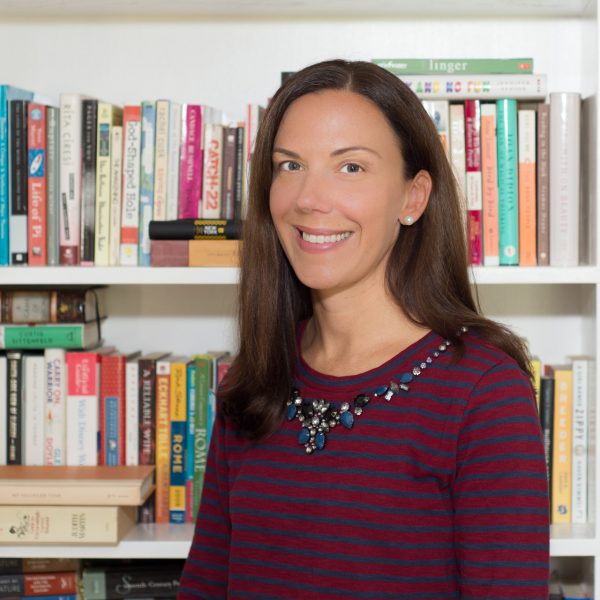Advertisement
Commentary
Why Don't We Believe Women When They Tell Us They're Sick?

Vogue’s September issue features a beatific Beyoncé on its cover, her face framed with a crown of flowers. She looks like a goddess, someone, one might think, immune to so-called “kitchen table” concerns like health care. Similarly, the steady gaze of her powerful and accomplished contemporary, tennis great Serena Williams, looks out from the cover of this month’s “badass women issue” of InStyle with an air of imperial untouchability. Again, one might assume that celebrity and wealth provide insurance, real and hypothetical, against the risk of health complications, but that would be wrong.
In Vogue, Beyoncé recounts her experience of gestational toxemia and a subsequent C-section, “I was in survival mode and did not grasp it all until months later.” Williams, too, has been open with her story of pregnancy complications, and most recently, about postpartum depression. Though both women were fortunate to recover fully from their ordeals, that is not always the experience of all women, especially those living with chronic conditions. Even so, these public conversations about women’s health are important as they do much to empower individuals as patients and advocates. In addition, they serve to educate clinicians and caregivers in ways that textbooks cannot.

We have long known that there are many factors that affect the quality of health care. Many of them are unpredictable — over reliant on the subjectivity of human interpretation. Further, one common trait that frequently becomes an impediment to appropriate delivery of care is this: whether or not the patient in question is a woman.
For decades, studies have shown that women with chronic pain conditions are more likely than men to be wrongly diagnosed with mental health conditions and prescribed psychotropic drugs. When men and women offer similar complaints of pain, women are more likely to be prescribed sedatives instead of pain relieving drugs. Further, a newly released study on women’s mortality rates after heart attack offers this insight, “Most physicians are male, and male physicians appear to have trouble treating female patients.”
Two recent books explore the topic of women’s health from the perspective of two writers’ experiences. Abby Norman’s “Ask Me About My Uterus” and Porochista Khakpour’s “Sick: A Memoir” also fill in the human detail often absent from the scholarly literature.
“I was slowly figuring out that not only was my pain going to be disbelieved, but it was never going to take precedence,” Norman writes in the opening of her memoir that recounts her years-long quest to find answers. After an acute attack of extreme pain as a college student that continues, accompanied with other deleterious and inexplicable symptoms from graying temples to extreme weight loss, the writer chases a diagnosis and eventual treatment for what ails her.
Doctors are both callous and skeptical. She is told she is stressed and referred to therapy. She is diagnosed with a UTI and given antibiotics. Some doctors barely listen to her laundry list of symptoms, which include painful sexual intercourse. When her boyfriend begins to accompany her to appointments, though, the response shifts. “[Once]…he corroborated — or better yet, expressed his own frustration — suddenly it seemed like doctors started to listen … It either meant that they hadn’t believed me in the absence of Max as an alibi, or that they had believed me, but my suffering alone wasn’t enough to inspire action.”
“I can’t stop thinking about how many patients like you I’ve sent home,” [the doctor] said, shaking his head. “How many patients I might’ve done this to.”
Norman educates herself and becomes fluent in the language of the doctors who dismiss her. But it is not until after a presentation at a medical conference in 2015, where she shares patients’ narratives (including the story of her own diagnosis with endometriosis) within the context of the U.S. healthcare system, that she finally receives some validation. A physician, moved by her talk, approaches her. “I can’t stop thinking about how many patients like you I’ve sent home,” he said, shaking his head. “How many patients I might’ve done this to.”
If the ethos of Norman’s book rests on her ability to both understand and recapitulate medical discourse, in Khakpour’s “Sick,” a memoir about the author’s experience with chronic illness, addiction, and medical skepticism, she asserts authority solely through her lived experience. This is a measured choice; she writes that earlier drafts were weighty with external validation — facts and figures, historical anecdotes, and cultural criticism. In order to tell her story, however, she explains her choice to avoid a narrative that moves in a straight line from diagnosis to cure. “You are reading the middle of the story, I suspect,” she writes. “But I’m not sure where or when it will all end, so one might as well tell it now.”

She describes the opacity of Lyme Disease symptoms to confound physicians and make patients “appear mentally ill and mentally ill only.” And this, she argues is an indictment of the medical community. “In the end,” she writes, “every Lyme patient has some psychiatric diagnosis, too, if anything because of the hell it takes getting to a diagnosis.”
Though they may not appear in print, countless other women can tell their own stories of not being heard when it comes to observations about our own bodies and experiences of pain.
At 19, despite my vocal protests, I was told that my abdominal pain was likely menstrual cramps. Hours later, my appendix ruptured, requiring immediate surgery. Years later, I became pregnant. And though I insisted my due date was wrong and that I was overdue — a fact later evidenced by the lack of amniotic fluid found during an emergency C-section — I was told that I “had to be wrong” about my window of conception. And when I complained of dreadful night sweats for weeks after kidney donation surgery, my physician discounted any correlation with surgical trauma and suggested that perhaps I should sleep with a fan.
My experiences, those documented by Norman and Khakpour, and yes, even those of high profile figures like Beyoncé and Serena, are not confined solely to age, economics, or geography. Rather, they belong to a long history of women’s health care that is conditional and as Norman notes, has “far less to do with scientific research and advancement than with our antiquated belief systems and power structures.” To move the needle so that women — and all patients — are viewed as the experts of their own conditions, we need to trust the value of their reports.
